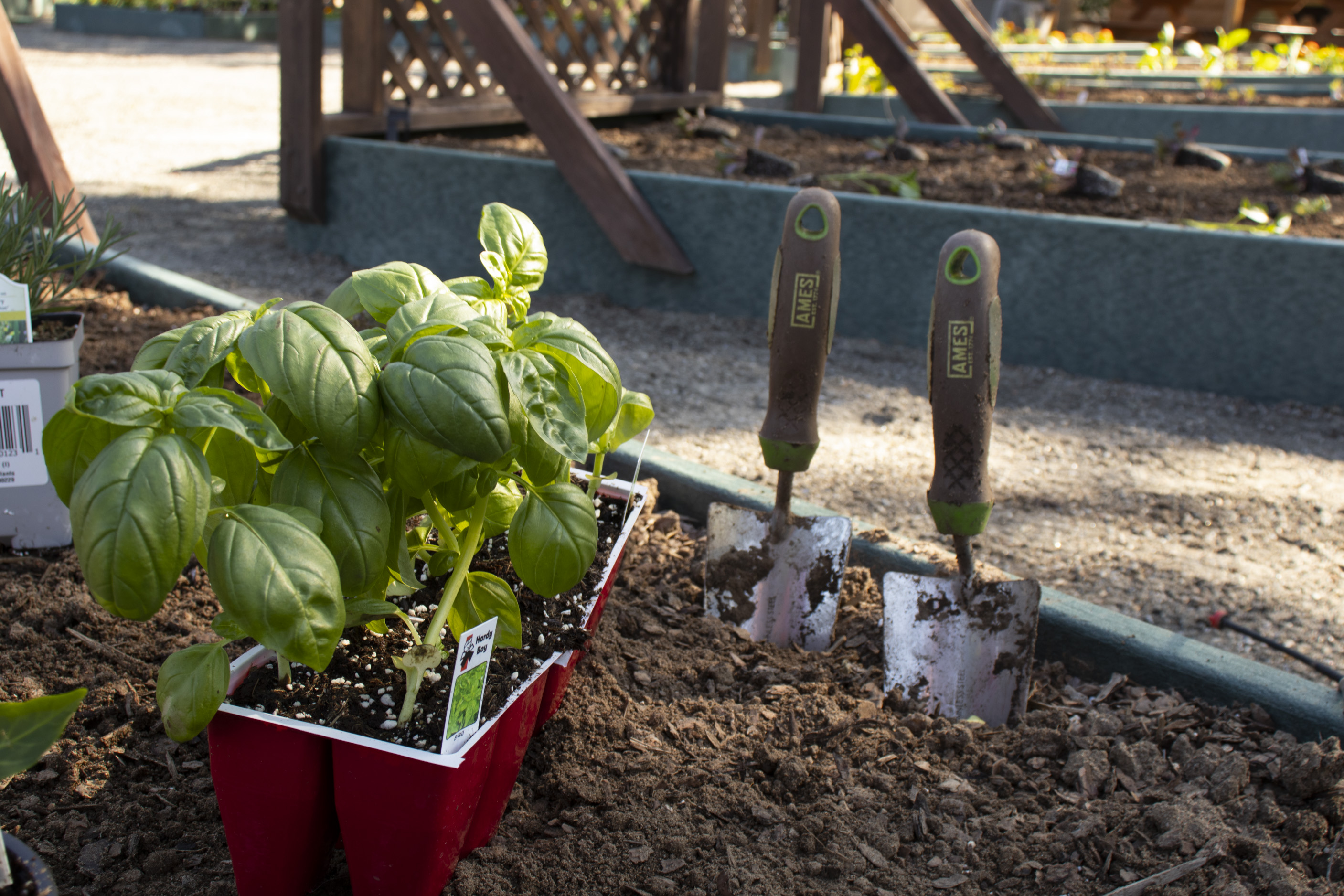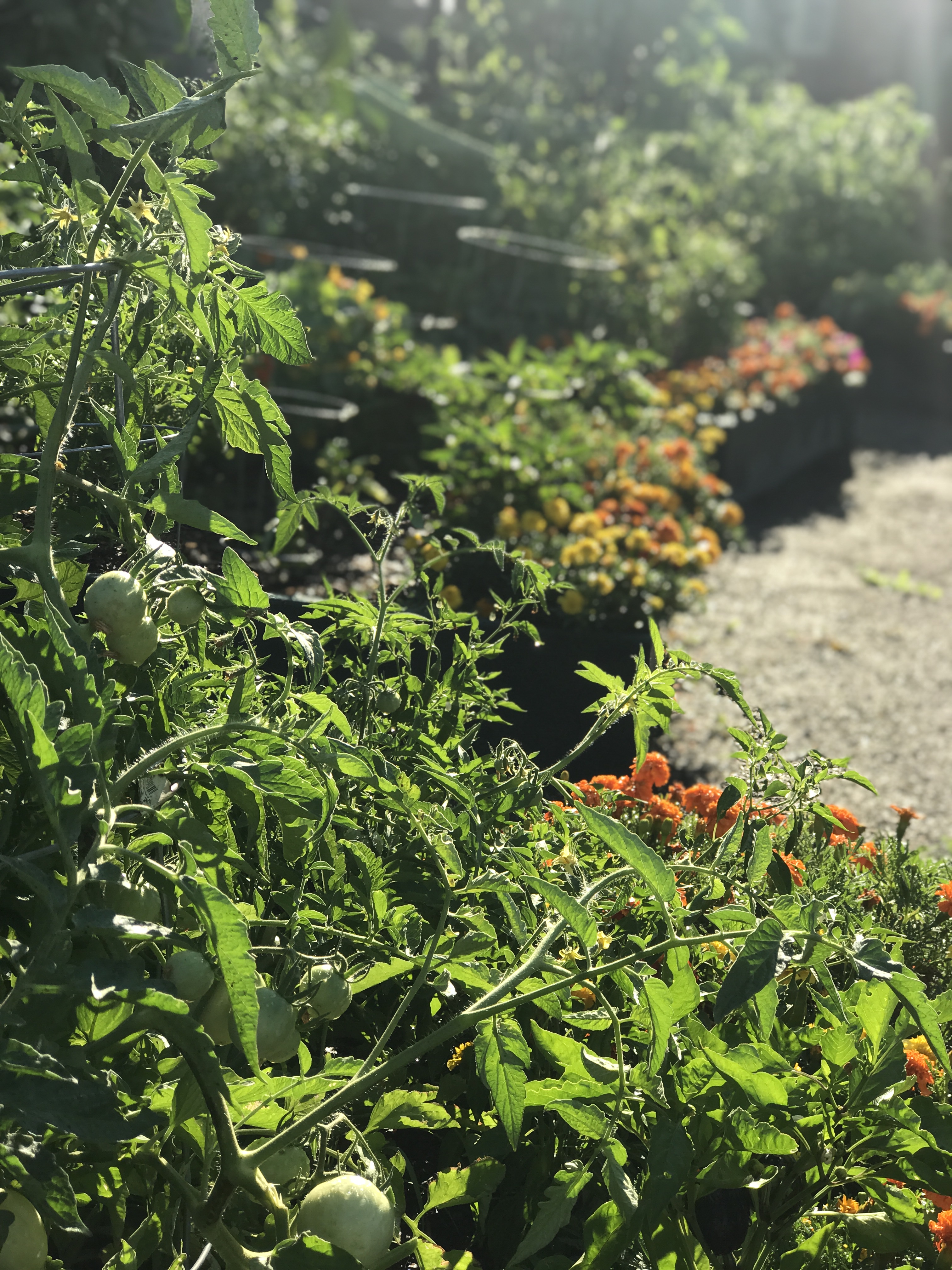The benefits of teaching children to garden | Tip of the Week
Children who grow their own vegetables are five times more likely to eat them according to a 2015 study. Whether it's at school or at home, gardening can benefit their health and wellbeing in many ways. In this blog post, we will outline the benefits of children gardening.
Consider involving your children in planning your garden and garden alongside them. A 2005 study found that elementary school children who participated in gardening activities scored much better on science achievement exams compared to those who did not do any gardening activities. Those who worked in the garden with their parents were more likely to eat more vegetables as they grow older.

Let them select veggies, herbs and flowers they would like to grow. Get them involved early in the process to increase their investment and help them learn. Planning a garden can help them practice math skills and expose them to the science of plants.

Teach them the value of veggies. At harvest time, weigh some of your harvest and write down how many pounds of zucchini, tomatoes or other vegetables your young gardener has grown. Then go to the grocery store and grocery store app, find the current price of these items and help them do the math. Turn a math exercise into a source of pride knowing they've grown $5 in green beans.
Gardening connects us with Mother Nature, influences environmental stewardship and is an ongoing lesson in a healthy lifestyle and good nutrition. Plus, children who spend time in settings have improved creativity, imagination, cognitive function and intellect.
In the remaining winter days, plan your garden, and if you have children at home, invite them to join you. You will all reap the benefits this summer and onward.
Consider involving your children in planning your garden and garden alongside them. A 2005 study found that elementary school children who participated in gardening activities scored much better on science achievement exams compared to those who did not do any gardening activities. Those who worked in the garden with their parents were more likely to eat more vegetables as they grow older.

Let them select veggies, herbs and flowers they would like to grow. Get them involved early in the process to increase their investment and help them learn. Planning a garden can help them practice math skills and expose them to the science of plants.

Teach them the value of veggies. At harvest time, weigh some of your harvest and write down how many pounds of zucchini, tomatoes or other vegetables your young gardener has grown. Then go to the grocery store and grocery store app, find the current price of these items and help them do the math. Turn a math exercise into a source of pride knowing they've grown $5 in green beans.
Gardening connects us with Mother Nature, influences environmental stewardship and is an ongoing lesson in a healthy lifestyle and good nutrition. Plus, children who spend time in settings have improved creativity, imagination, cognitive function and intellect.
In the remaining winter days, plan your garden, and if you have children at home, invite them to join you. You will all reap the benefits this summer and onward.
This entry was posted in
Gardens



